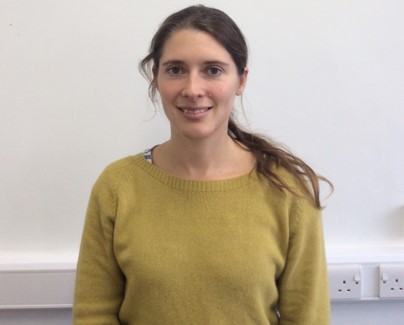Pulse recently reported the pay disparity between male and female GPs.
But isn’t this because women choose to work less, and take the more straightforward option of being a salaried doctor? After all, most of us would prefer to take home significantly less, but forgo the extra workload and business aspects of partnership. Wouldn’t we?
I would argue that women aren’t making this choice.
Rather, we are faced with an inflexible partnership model, which punishes anyone foolish enough to work a half day. Do you know any men who choose to work half days?
To say that the partnership model is flexible is therefore a fallacy, because the ‘flexible’ option of working a half day is an inherently unappealing option.
So why don’t women with young children manage the full days that many of the female partners before us did? I’d argue that the reasons are twofold – the full day is now too intense and demanding alongside parenting, and the costs of wraparound childcare are prohibitive.
GPs have seen real terms pay decreases since 2004. The costs of housing have never been higher (and my generation haven’t benefited from the housing boom). We have significantly higher levels of student debt. Employer pension contributions have increased. My generation of GPs don’t expect to be buying the large farmhouses that senior GP partners downsize from. My point is that times have changed. The option of a full-time nanny is simply not feasible for many.
Women are faced with an inflexible partnership model, which punishes anyone foolish enough to work a half day
In a morning, before going to work, I make three children breakfast. I brush their teeth and hair. I run around my house with their clothes and wrestle them into something appropriate. I pack their bags, make packed lunches. I change the baby’s nappy. I bundle them into the car, and drive to meet our childminder near the school. I hand over the baby. I drop my daughter at school, then walk my other daughter to her preschool. Then I dash to the surgery, getting there before 9. Sound exhausting? It is!
I won’t go through what happens at the end of the day: it’s basically this in reverse. I couldn’t sandwich in, between these responsibilities, being flat out in a surgery from 7.45am to 6.30pm. It would be the death of me.
What I could manage, however, would be a 9am until 4.30pm day. This would give me the breathing space to get everyone where they needed to be. And the capacity to look after my kids at the end of the day. My husband is a GP partner. He can’t be there at 5pm for a pick up either. For a shortened day, I wouldn’t expect to be paid what a full-time partner earns. But a half day feels unfair, and an insult to my training and experience.
So, what to do? I’d suggest there needs to be a more flexible partnership model offered. Where women (or men) can opt to work shorter days, and be paid fairly for the work they do.
General practice could be a really flexible, family-friendly job. We don’t need every GP there all the time. But everyone needs to feel that their contribution is valued, and fairly remunerated.
The GPs working the longer days should be rewarded accordingly. NHS England could support general practice by offering a contribution to those surgeries who take on a ‘flexible partner’ – akin to the retainer scheme.
We need to find ways to make the best use of the GPs we have; especially all the younger, female GPs who are training. Supporting women to take up partnerships, even while they have heavy childcare responsibilities, would be a smart move. Allowing women to walk away, or minimise their clinical work, is shortsighted and foolish.
We need to break down the gender divide in partnerships, and offer women genuine choices. I’ve seen too many practice websites where the list of doctors is topped by four or five male GP partners, with a smattering of demure, female, salaried doctors, sitting beneath them. It’s 2020, for God’s sake, not the 1950s.
Dr Katie Musgrave is a GP trainee in Plymouth and quality improvement fellow for the South West

















